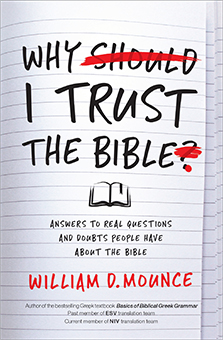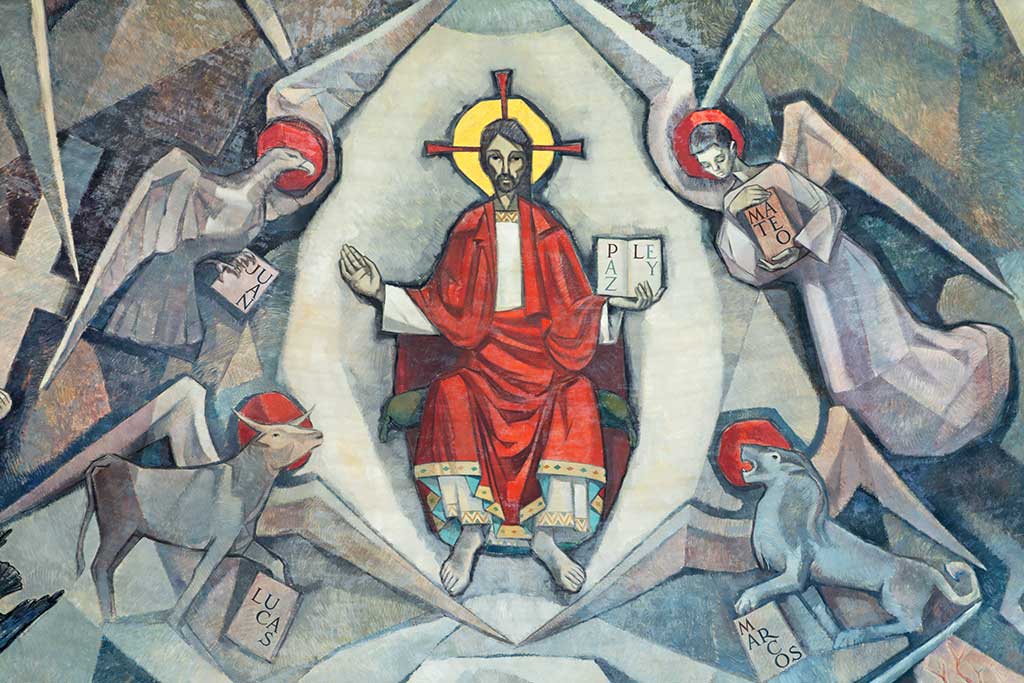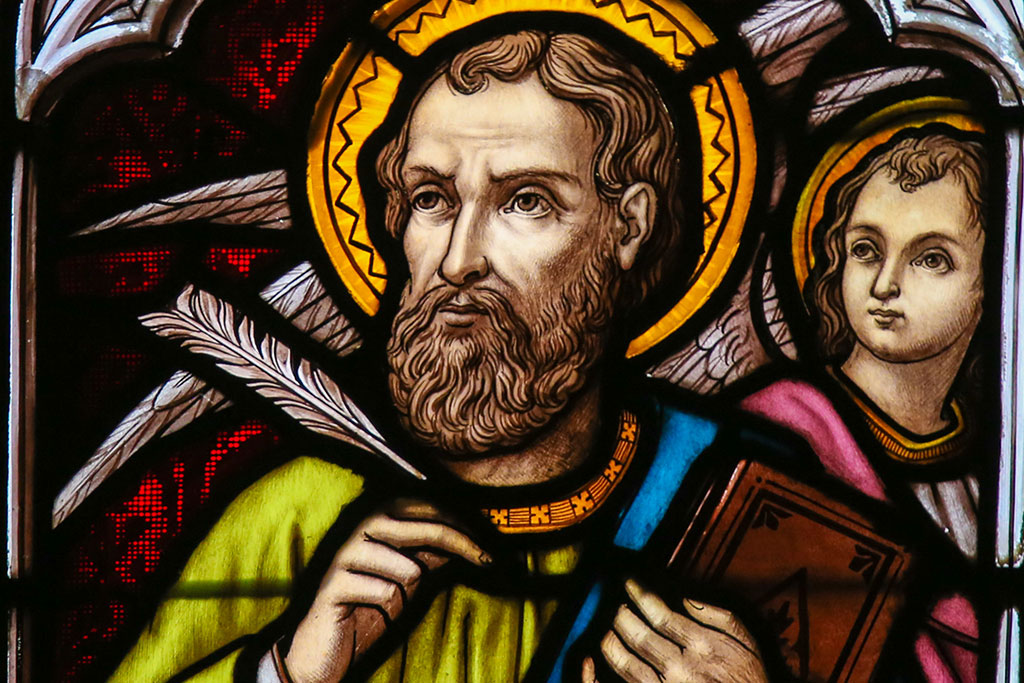
Who Wrote the Gospels and Why They Wrote Them
A correct, biblical understanding of how the Gospels were written enables us to handle many supposed contradictions within the books. The most important statement in this regard can be found in the introduction to the gospel of Luke:
Many have undertaken to draw up an account of the things that have been fulfilled among us, just as they were handed down to us by those who from the first were eyewitnesses and servants of the word. With this in mind, since I myself have carefully investigated everything from the beginning, I too decided to write an orderly account for you, most excellent Theophilus, so that you may know the certainty of the things you have been taught. Luke 1:1–4
What does Luke say about his book?
1. There were many stories written about Jesus before Luke wrote his Gospel.
2. Luke was not an eyewitness, but eyewitnesses who were with Jesus from the very beginning “handed down” the accounts to Luke about what Jesus did and said.
3. Luke shows he was concerned with history.
4. Luke was not writing the story in chronological order; he was writing an “orderly” account. Sometimes he arranged his material chronologically and other times thematically, pulling stories from different historical settings and presenting them together.
5. Luke had a specific purpose in mind—namely, to assure Theophilus that what he had been taught was historically accurate.
The gospel of John also contains an explicit purpose statement:
Jesus performed many other signs in the presence of his disciples, which are not recorded in this book. But these are written that you may believe that Jesus is the Messiah, the Son of God, and that by believing you may have life in his name. John 20:30–31
What we read in John’s gospel is not everything he knew, but only some of what he thought would help his readers understand and believe that Jesus is the Messiah, that the Messiah is the only Son of God, and that a belief in who Jesus is leads to eternal life.
Mark has a purpose statement as well, but it’s not as obvious. The title to his book (or at least to the first part of his book) states, “The beginning of the good news about Jesus the Messiah, the Son of God” (Mark 1:1). Mark is telling the story of Jesus so that people will see who he is—the Messiah, the Son of God.
The point is that the gospel writers knew much more than what they wrote about, and their specific purposes in writing controlled both their selection and the arrangement of the accounts that eventually became their gospels. Armed with this information, you’ll find that many of the apparent contradictions are resolved. Following are a few examples.
Some claim that the Bible is not clear about what happened with the thieves on the cross. All four gospels say that Jesus was crucified with two insurrectionists (Matthew 27:38; Mark 15:27; Luke 23:32; John 19:18). However, only Luke tells the story of the repentant rebel:
One of the criminals who hung there hurled insults at him: “Aren’t you the Messiah? Save yourself and us!” But the other criminal rebuked him. “Don’t you fear God,” he said, “since you are under the same sentence? We are punished justly, for we are getting what our deeds deserve. But this man has done nothing wrong.” Then he said, “Jesus, remember me when you come into your kingdom.” Jesus answered him, “Truly I tell you, today you will be with me in paradise.” Luke 23:39–43
Is it a contradiction for Luke to say that one of the thieves repented? No. The gospel writers don’t claim to tell us everything; they’re being selective. All four gospels report there were two insurrectionists, and Luke adds that one of them repented. Perhaps both thieves “hurled insults at him” at first. What do you think Jesus did on the cross? Is it reasonable to think he said nothing? Luke reveals that he talked with the thieves, and one came to change his mind about Jesus.
Others may say, “The Bible contradicts itself in reporting how many angels were at the tomb.” Two gospels tell us that an angel met the women at the tomb to tell them that Jesus had risen (Matthew 28:1–2; Mark 16:5). However, Luke and John say there were two angels (Luke 24:4; John 20:11–12). Is this a contradiction?
If I tell you I went on a vacation with my son Hayden and only later mention that my wife, Robin, was there as well, is that a contradiction? Is it a contradiction to talk about one person without mentioning all the people present? Of course not. If I had said that only Hayden went on a vacation with me, then yes, that would be a contradiction, but that is not the case here.
In addition, consider that the gospel writers report differently about who went to the tomb. Matthew tells us that Mary Magdalene and Mary were there (Matthew 28:1). Mark tells us that Salome was one of the women (Mark 16:1). Luke says it was Mary Magdalene, Joanna, Mary the mother of James, and others (Luke 24:10). John mentions only Mary Magdalene (John 20:1). Is this a contradiction? No. The gospel writers were selective in what they wrote.
The Gospels don’t tell us everything, only what they want to tell us in order to meet their goals in writing. The recording of partial information does not necessarily create a contradiction.
Article drawn from Why I Trust the Bible: Answers to Real Questions and Doubts People Have about the Bible.

Why I Trust the Bible
We are often told we can no longer assume that the Bible is trustworthy. From social media memes to popular scholarship, many attacks have been launched on the believability of Scripture. Why I Trust the Bible: Answers to Real Questions and Doubts People Have about the Bible offers a clear guide to help you answer doubters questions in a way that leads to a deeper appreciation for the truth and relevance of the Bible
Learn More






The Bible class on Monday morning.
Good scriptural teaching.
Thanks for this good scriptural teaching.
Wonderful teaching